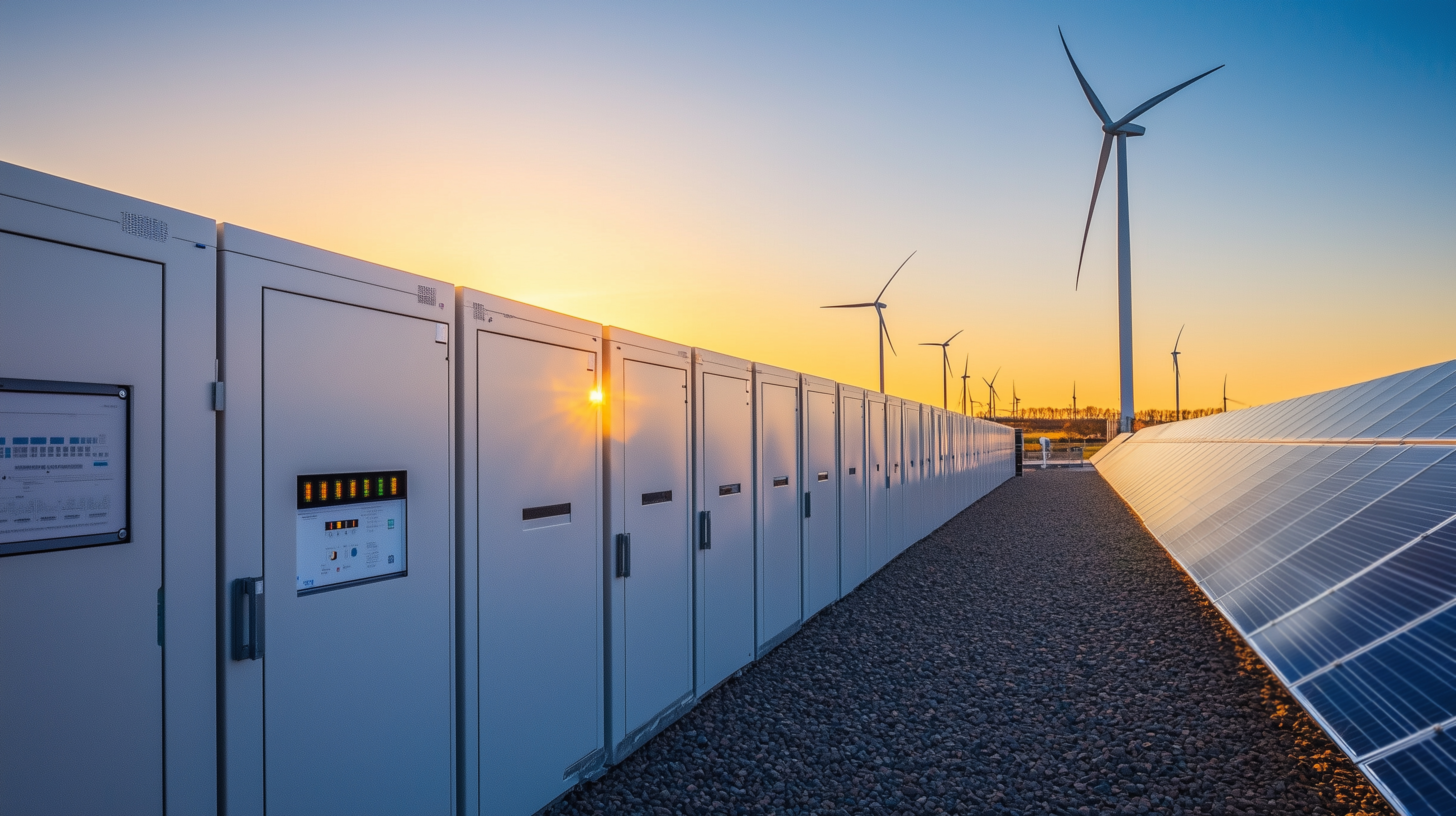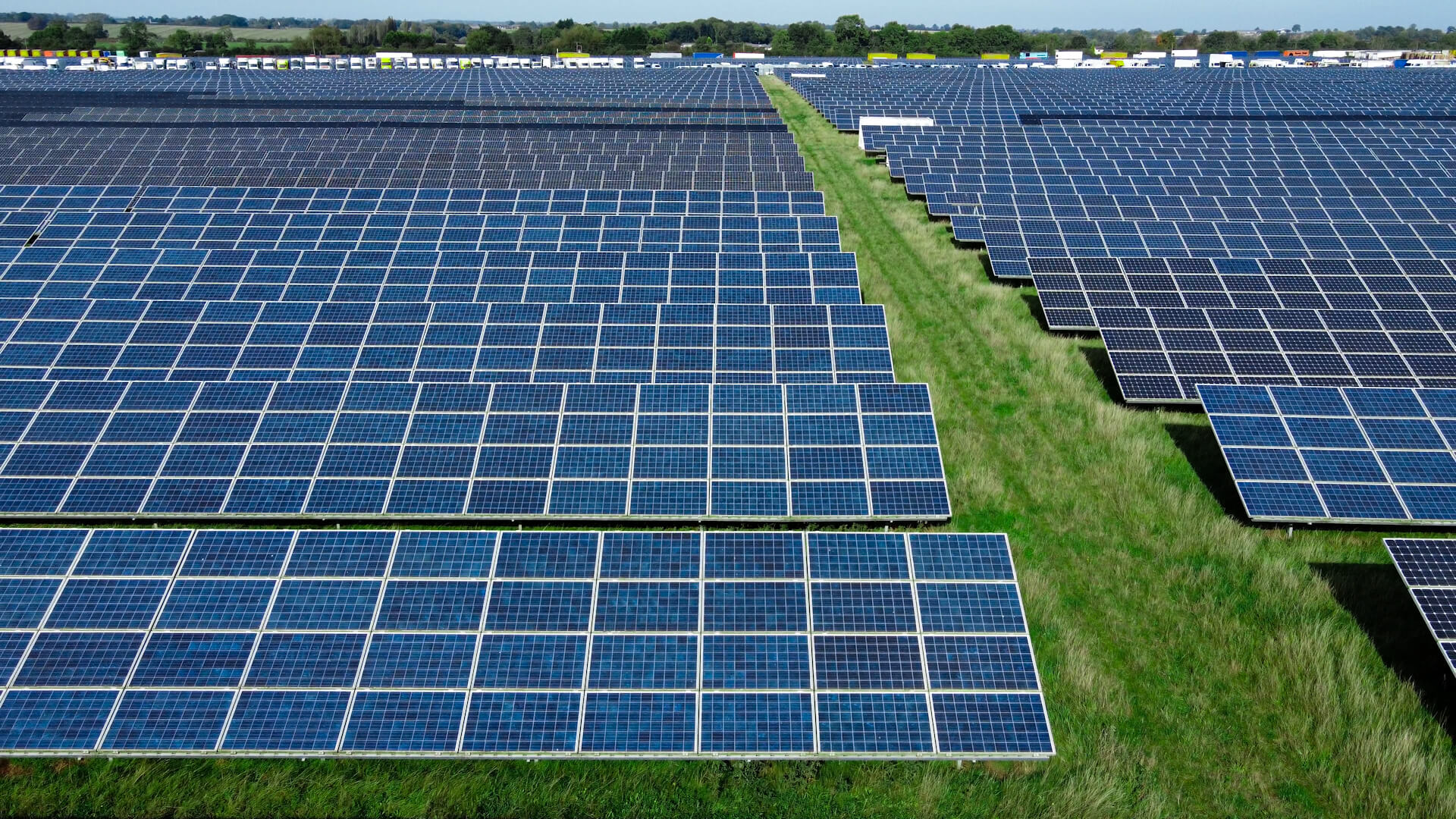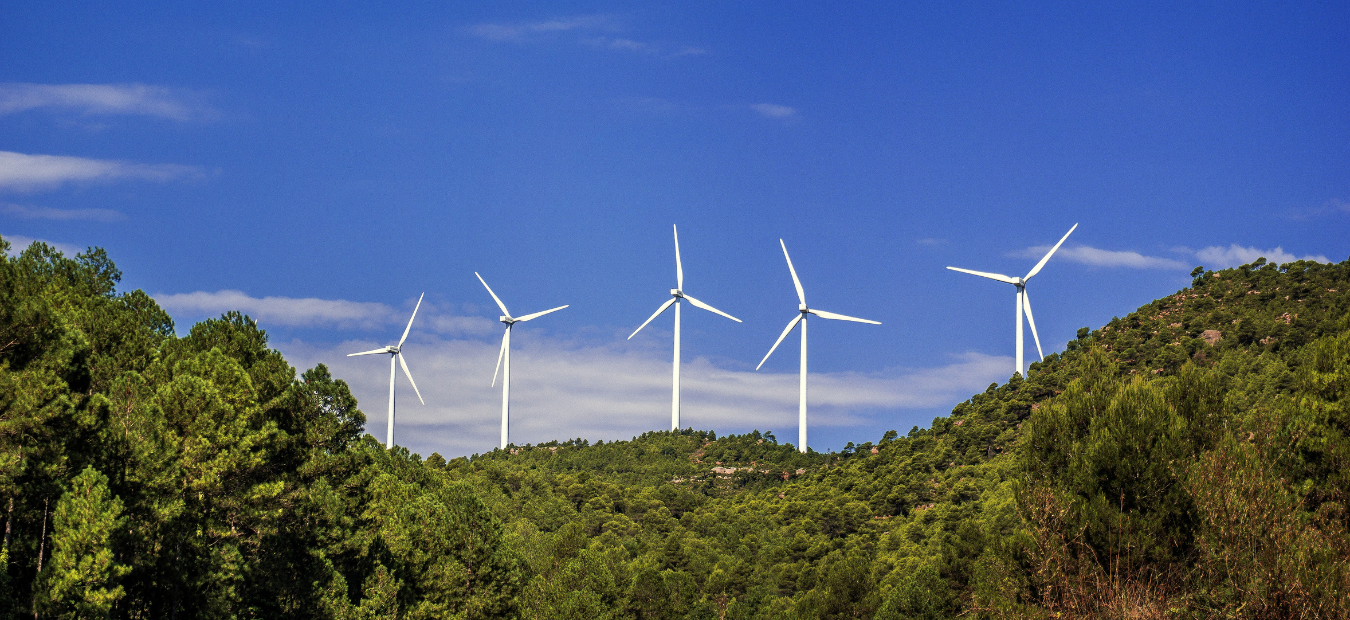
Empowering a greener generation means we’re stepping up our commitment to help employees, customers, and partners make smarter, greener choices. Explore our latest articles, videos, press releases, events, and reports—all in one place.


UK and Norway join forces on clean energy

Renewables set to overtake fossil fuels in 2024

Geothermal could meet 15% of electricity demand

Government launches clean power action plan

Building a greener future in collaboration with Ecologi
Join us at our next event or webinar
Stay ahead in the renewable energy sector. Attend our upcoming events and webinars to explore energy trends and meet our expert team.

Delve into our reports and guides
Explore our collection of reports and guides, covering a range of topics—from independent generation to risk management to procuring and reporting on renewable electricity— to stay informed about the latest trends and insights.

Meet our customers paving the way to net zero
Explore our portfolio of independent generators and corporate customers and their stories as we strive to develop a cleaner, greener energy system for the UK.

Large business
If you're a generator or a commercial and industial (C&I) business, you're in the right place.
Am I a large business?
- 300,000 kWh+ annual volume
- £50k+ annual spend
Existing large business customer?
Small business
If you're a micro or smaller business you should visit our SmartestEnergy Business website.
Am I a small business?
- < 300,000 kWh annual volume
- < £50k annual spend
Existing small business customer?


